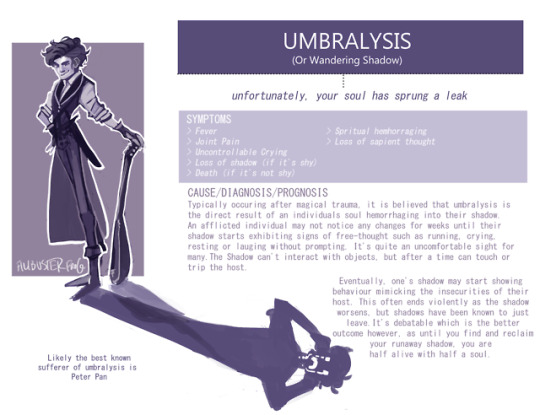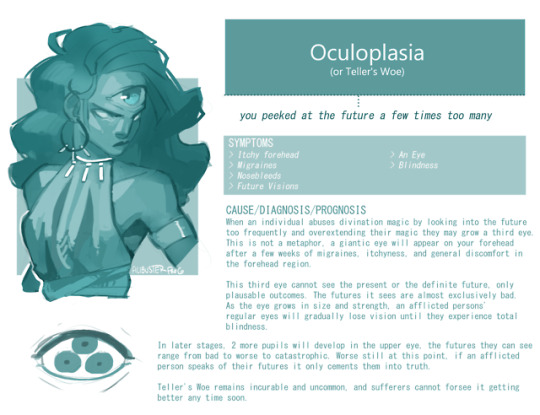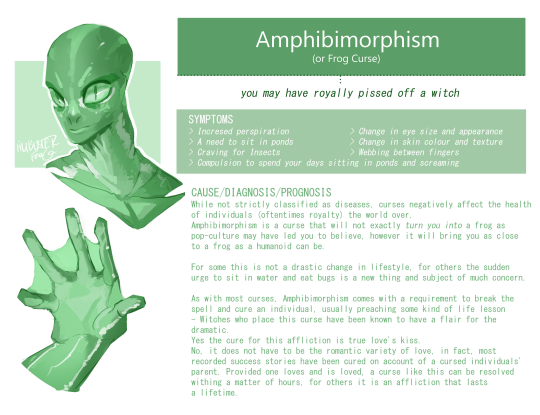brewing settings, NPCs, items, monsters, plotlines, and pretty much everything else, with some tips and tricks mixed in. Support Me on Ko-fi
Don't wanna be here? Send us removal request.
Text




As it was becoming clear the US was headed into trade war territory, I got really interested in farming and the logistics of keeping people fed. I turned that interest into "your cool city needs a food supply," available now!
it's a hack of "i'm sorry did you say street magic" and "Microscope," two gold-standard worldbuilding games. It was polished by Nico MacDougall, who gave me some great advice on how to make this game really align with the themes and ideas I had in the draft.
I've always been a sicko about logistics and agriculture (growing up in the US midwest will do that to you), and I hope this game helps people think about how great a privilege it is to eat.
2K notes
·
View notes
Text
personally I like how some TTRPGs handle it, where you only roll for something if there are consequences for failure. those consequences can be loose, e.g. you fail your Perception check ergo you don't see a secondary exit before a monster catches up with you. or they can be specific: you fail your Perception check so you don't notice the person pickpocketing you.
rolling to see ambient environmental elements, when there is no reason the characters couldn't just keep rerolling Perception checks, is worse than useless because you either A) lock characters into being unable to interact with the environment (and thus play the game), or B) waste time as your players continuously reroll the check until they succeed.
If there was one thing I could retroactively erase from existence in the entire history of the tabletop RPG medium it would be the concept of using "perception checks" or "investigation rolls" or any similar mechanics in dungeon-crawling RPGs to determine if the PCs can see a detail in their environment.
"A DC 15 Perception roll is required to see..." "A DC 20 Investigation roll will reveal..." no. Shut up. If the thing is in plain sight or can be perceived with the senses by simply existing in this space and taking a look around then the PCs are perceiving it and describing it to the players is part of your role because you are their source of sensory information about the in-game world.
And if it's not in plain sight or deliberately concealed in some way then they simply DON'T perceive it but can reveal it by narratively interacting with their environment until one of their actions undoes whatever's concealing it, not rolling a die to see if they can Perceive Hard Enough to reveal it.
#ability checks#this goes for other rolls too not just seeing things#if i can spend unlimited time in a library my History roll should determine how long it takes not whether the info exists#if i can steal a box and attempt to break it in a safe place i should have no roll required to do so (since i can keep smashing it)
3K notes
·
View notes
Text
How I Broadcast VOID 1680 AM
One of the key aspects of my solo playlist building game is that the radio station is real, and if you submit a playlist and DJ breaks I will broadcast your show on the air and stream it on YouTube. The game is, after all, about expressing yourself and finding fleeting connections while you do, so it only felt right to help facilitate that in real life.
This is how I do that. You can check out some broadcasts from me and VOID 1680 AM players here, and check out the game yourself here.
Go live. Build your playlist. Record your thoughts. Someone out there needs to hear what you have to say.
728 notes
·
View notes
Photo




I re-designed the map order worksheets during my time at WOTC as manager of cartography. Mainly it was just to make the worksheets completely digital and accessible for anyone who was to design maps for our game worlds. These are the final versions which were being used up till 2003 at WOTC. The list of map symbols goes back to the dawn of role playing game maps and TSR. Dave Sutherland and Dennis Kauth were the two people who really started all of the organized nature of making map orders easier to produce for the TSR RPG R&D design department.
Dennis Kauth was originally from an engineering background, so he even made sure that all of the symbols had a corresponding number in case of the situation where someone was not able to draw things out in a competent manner, they could just simply write a number on the map reference and circle it, thus making “it” the object or feature from the master key. The mapping standards is one of the first things Dave & Dennis showed me when I started work in the mapping department at TSR in the early 90s.
In those days the whole thing was a large packet of stuff in a folder, including several different sized blank map pages, the symbols list and a blank fold-up poster map sheet printed with a hex grid for the old ‘gazetteer” style maps and a few examples of how to draw a proper map reference. For the most part everyone in R&D used these map standards to create their map references, however there were always a few that would come in on cocktail napkins and such but it was really worth it to have a standard for the map orders. Fun little bit of history, Good times and Good gaming!
10K notes
·
View notes
Text
A campaign about returning magical items from whence they came.
Not in the “plunged into the fires of Mt. Doom” sense.
Artifact repatriation. The heroes work for an international commission aimed at reversing centuries of plunder. Oh, sure, the adventurers of yesteryear may have had solid reasons for looting the Ancient Tomb of the Noonday King, but those justifications have passed, and the Noonday King’s regalia really should be returned home, not sitting in a foreign adventurer’s ancestral manor.
Possible adventures include:
Archaeologically respectful dungeon crawls, aimed at returning items to original context if possible
Consulting and cooperation with host museums in native cultures to provide security and academic collaboration
Liberating artifacts from foreign collections, if imperial governments or plutocrats or nobles initially refuse to return them
Realizing that an ancient conspiracy is modifying paperwork and falsifying academic reports to turn the repatriation committee into a MacGuffin delivery service for an ancient lich-king
Persuading the world to keep going on with the good parts of this program even if the one time an ancient lich-king nearly got most of his ancient rivals’ regalia delivered to his tomb home under false pretenses so he could start some real shit, because, hey, they stopped him, the system worked!
16K notes
·
View notes
Text
My Template For Creating Dungeon Rooms...
About Your Dungeon Room…
Dungeon Room Name: What’s this Dungeon Room called? Instead of calling it “Room #3 on Floor 2″, try making each room unique by calling it something like “The Corridor of Knives” or “The Sinking Square”.
Naming your Dungeon Room peaks the interest of any DM reading it, as well as keeping the Name stuck in your head so you don’t have to flip through all those DM Notes mid-game…
Dungeon Room History: What’s the History of this Room? Is it the bedroom of a mad alchemist? Or is it the bathroom of a powerful necromancer?
Threat Level: This is how deadly this Dungeon Room is. Is it no threat at all, a simple setback, a moderate threat, or straight up deadly to anyone who enters?
Dungeon Motif: Is the Dungeon Underground, Abandoned, or does it lead to another Plane?
Selecting a Motif for the Dungeon Room based on the Dungeon can be pretty crucial. A mega-dungeon buried in the desert is very different from a ruined mega-dungeon that’s underwater…
Layout
Dungeon Walls: Are they stone or wood? Are they bare or decorated with elaborate tapestries and faded paintings?
Dungeon Floor: Is it stone, glass, wood, or something else? Will it make a noise if an oblivious Adventurer walks in?
Temperature: Is it unnaturally cold or unusually hot in this room? Maybe as the Party ventures deeper to the core of the earth everything gets supernaturally hot, or maybe as they venture deeper into a creatures lair, the air becomes supernaturally cold and the Adventurers can see their own breath!
Illumination: Is the room pitch black or lit by torches, or does the Room have small magical flames that burn forever?
Room Features: This is what’s in the Room. Statues, chests, pools of water, broken bottles. Room Features can be whatever the Adventurers see when they first enter the room, and what they could find if they explore the Room further.
Encounters
NPCs: This is usually a social encounter, such is meeting and talking to a friendly denizen of the dungeon, or maybe the ghost of a long-dead tomb-robber…
Traps: From corridors that flood with lava to false stairs that lead to a pit of boiling oil, these are the dangers a Dungeon Room (or corridor, or even stairs leading to the next Room or Dungeon Level) can have to stop any unwanted treasure-hunters.
Wandering Monsters: These are the Monsters that could possibly be found in this particular Dungeon Room, just in case the DM wants to spark some combat after a long session of busting down Dungeon Doors.
Puzzles: This is for the DM that likes to test their Players smarts. Maybe your Dungeon Room isn’t filled with Monsters, but instead a carefully composed riddle that only the Denizens of the Dungeon would know, and failure to solve such a puzzle could lead to a painful death at the hands of the Dungeon Room itself!
Hidden Treasure: It’s always good to put a little something in every Dungeon Room, most will be missed, but it’s always good to at least have something for the snooping Adventurers to find if they managed to survive whatever else they’ve just been through while going through this Dungeon.
601 notes
·
View notes
Text
d&d disability mechanics
so im disabled, and i have a disabled d&d character. i didnt like not having an in-game mechanic to express my character’s disability in more than words, so i decided to make some and then ended up making others.
a lot of these were made while consulting someone who has the disability or from my own firsthand experience, but some aren’t. if you want to critique some of my choices, message me! i’ll be able to either edit the ruleset or explain my reasoning, and i want it to be the best it can be.
note: a lot of the save DCs are left vague in this so you and your DM can determine how difficult they are to meet.
this is under a cut because it’s really long and so i can update it. if you want to see something added, message me!
(#dungeons and dragons, #long post, #death cw, #limb trauma)
Keep reading
16K notes
·
View notes
Photo
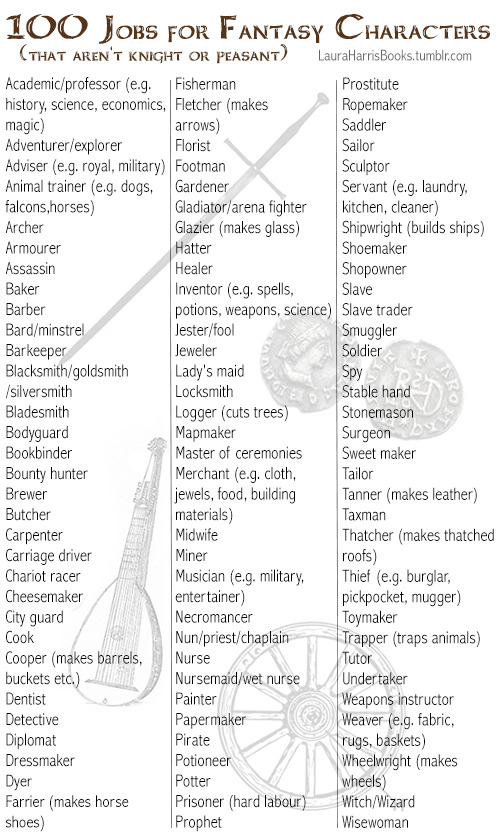
Beyond this, consider how these professions might vary depending on who the customers are - nobles, or lower class. Are they good at their job or just scraping by? Do they work with lots of other people or on their own? City or village?
For younger characters:
Apprentice to any of the above
Messenger/runner
Page/squire
Pickpocket
Shop assistant
Student
Looks after younger siblings
(Images all from Wikimedia Commons)
207K notes
·
View notes
Photo
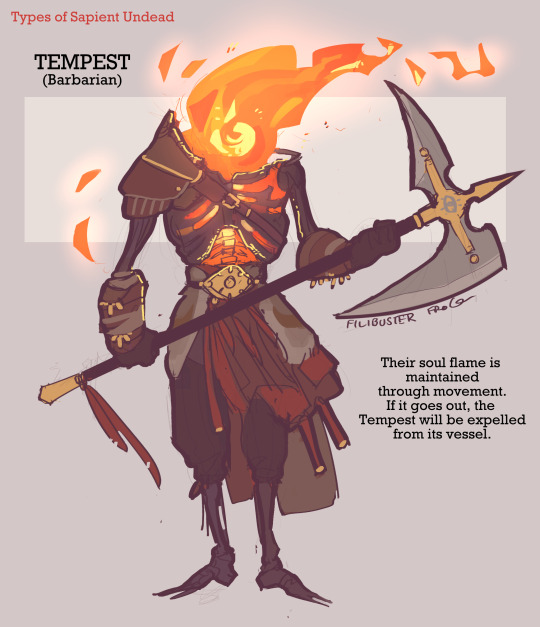
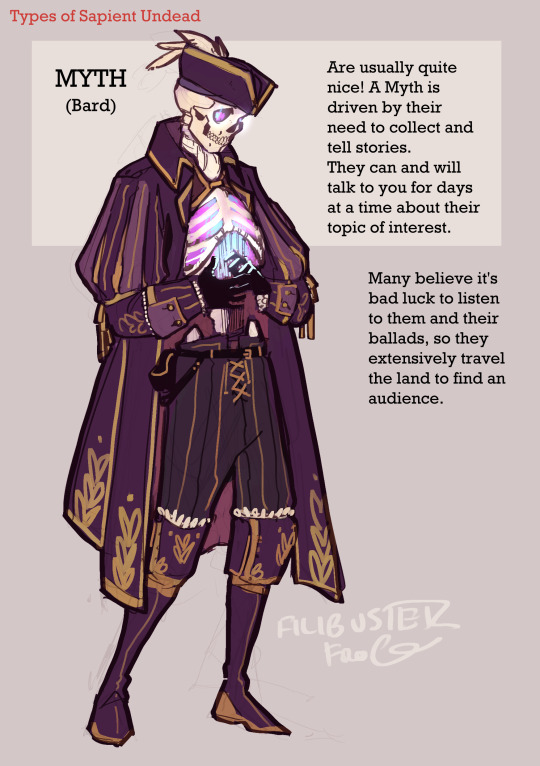
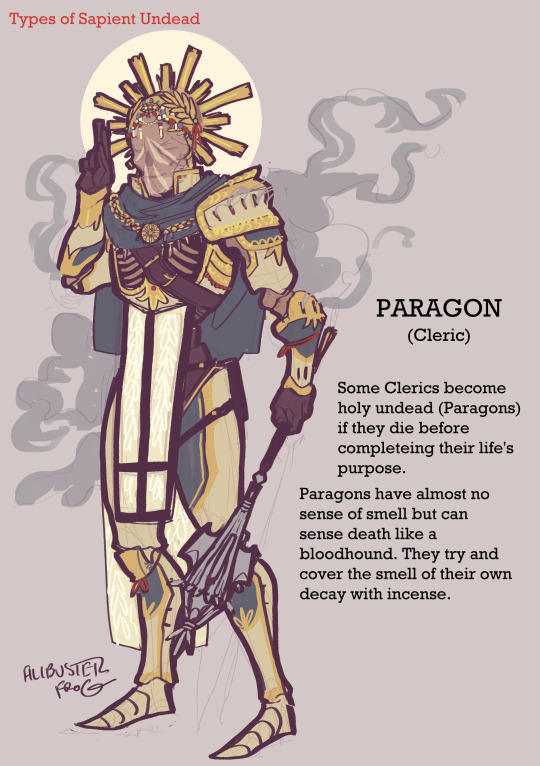

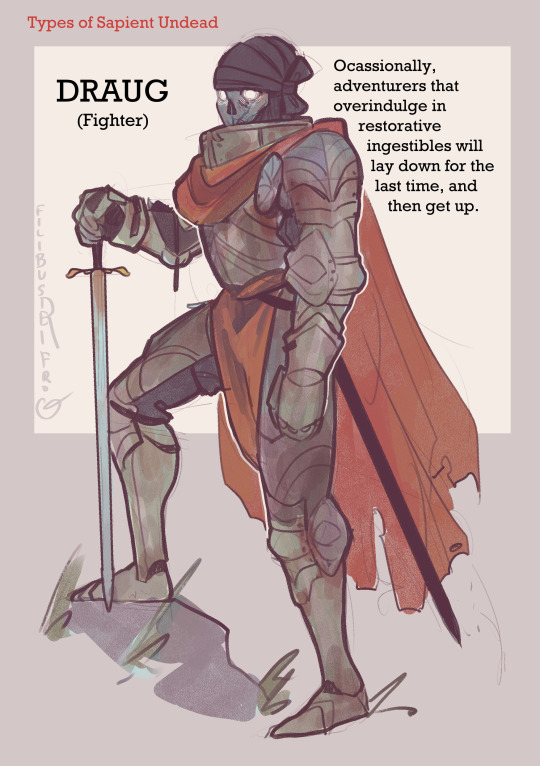
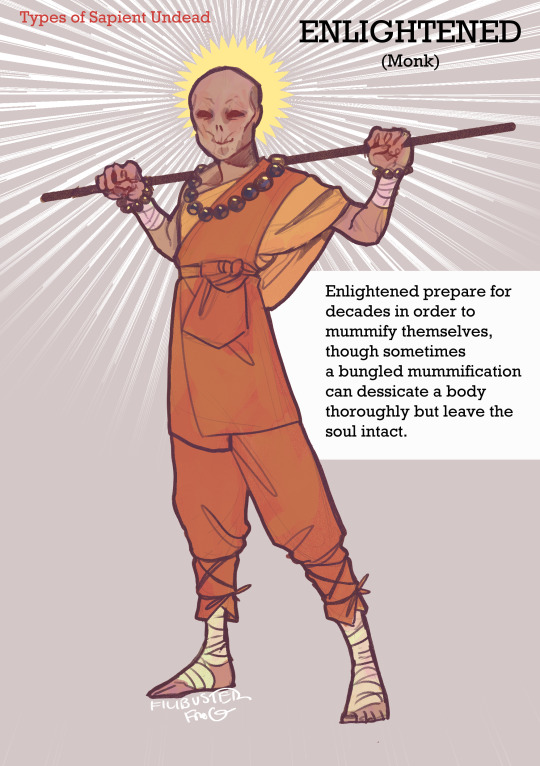
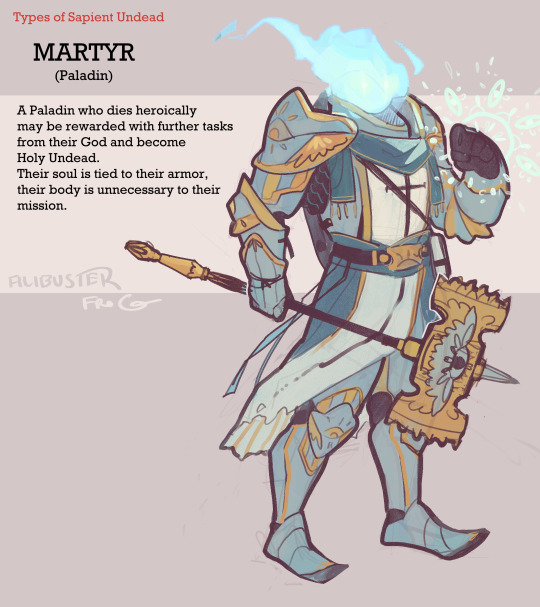
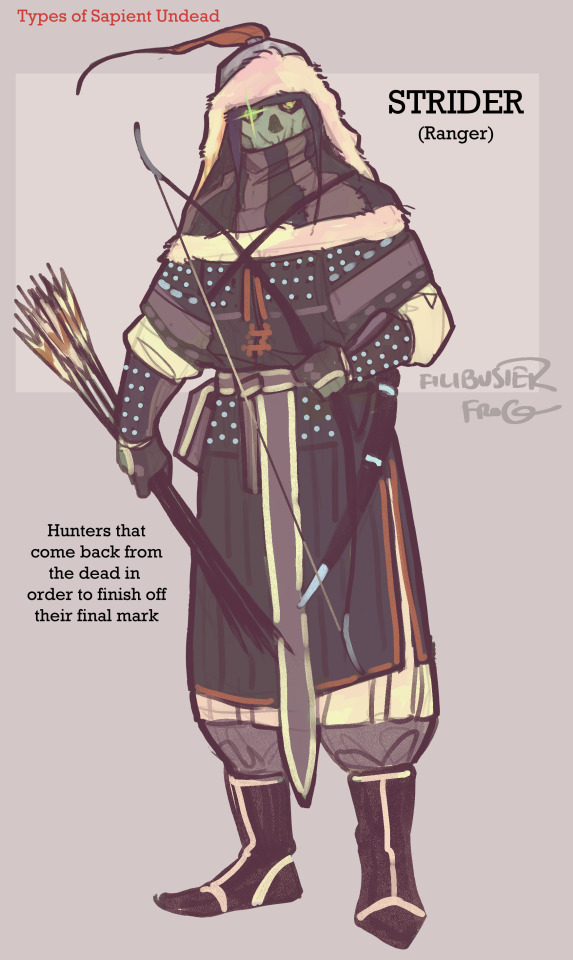
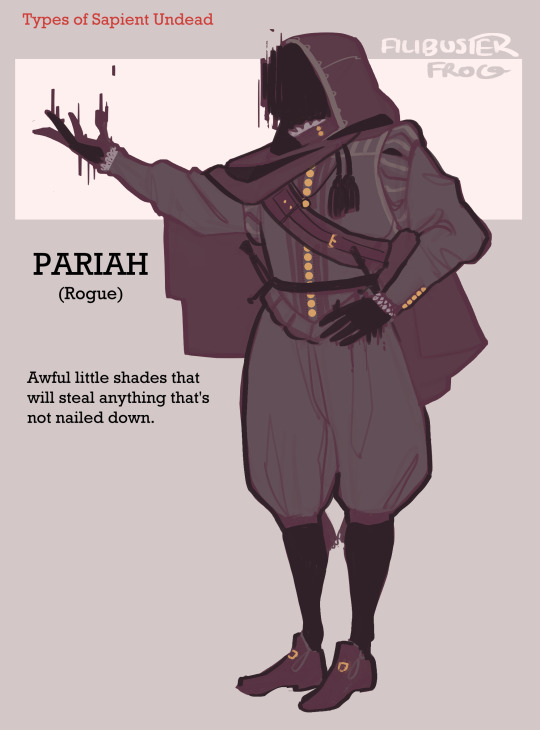
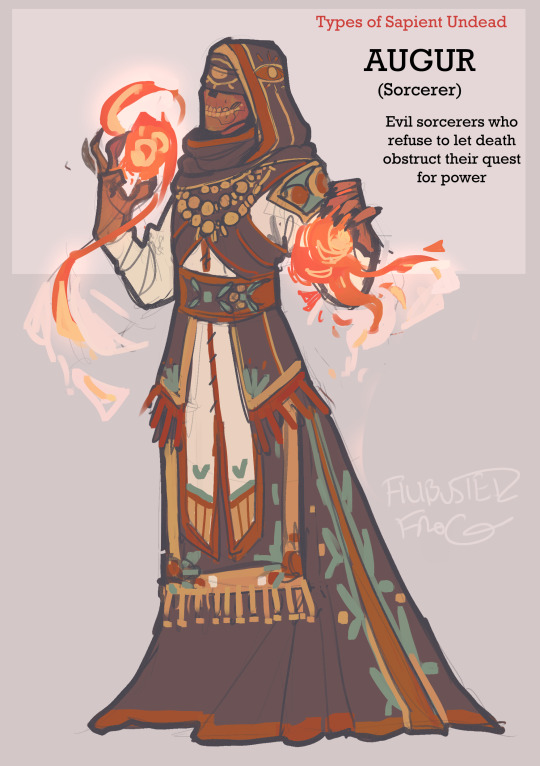
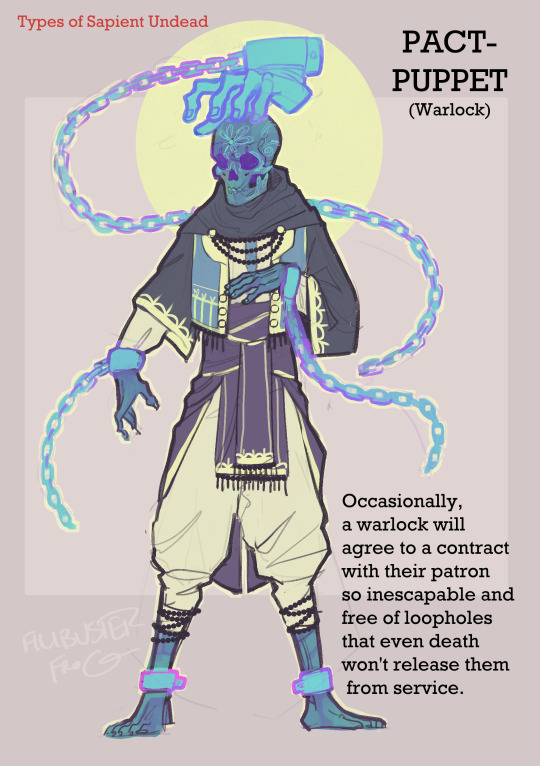
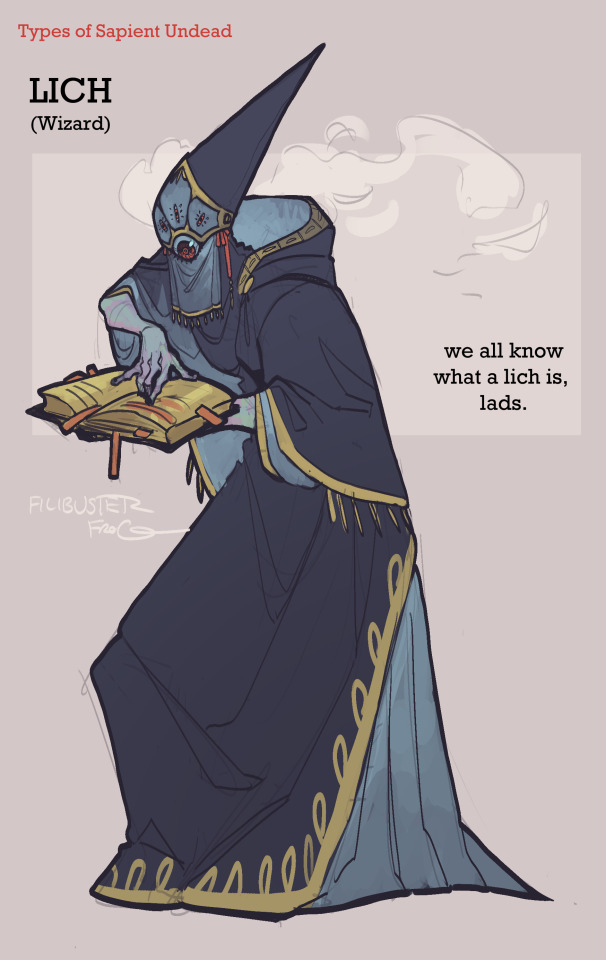
core classes as undead :)
143K notes
·
View notes
Photo



Picking Pockets tables from AD&D Forgotten Realms City System, by Jeff Grubb with Ed Greenwood, TSR, 1988.
Keep reading
7K notes
·
View notes
Text
some dnd backstory ideas that give your character a reason to leave home that isn’t “everyone in my family died.” (just to say: i have nothing against those backstories (i use them a lot), but its fun to mix it up!)
family/friends/personal
someone close to you is sick. you need to adventure to find a cure
someone stole something important from you and you need to find it
you’ve received a message from a long lost relative and are trying to find them
someone that you love has been kidnapped (maybe you have to earn money to pay a ransom or complete some deed…)
adventuring runs in the family! everyone is expected to complete one quest in their lives
your family/culture sends people out to complete certain tasks when they reach a certain age as a rite of passage
another player’s character saved you in the past so you feel indebted to them and travel with them, protecting/aiding them
there’s a magical drought in your hometown and you have to fix it
your hometown doesn’t have a lot of jobs so you have to travel and send money back home
some childhood friends and you made a “scavenger hunt” where you try and complete a checklist of certain tasks (ie. defeat a barbarian in hand to hand combat, steal x amount of gold, slay a dragon, etc) in an allotted amount of time
quests/jobs
a god/patron has sent you on a quest to do something for them
you’ve been hired by someone to complete a task (and you get sucked into the big adventure along the way)
you’re on a quest for knowledge. maybe it’s to learn the best ways of fighting, maybe it’s something more academic related
your priest received a vision from your god and they sent you on a quest
you’re writing a book about the world and different cultures and you need first hand experience
you’ve found every map you’ve come across is shitty, so you decide to become a cartographer and make your own
you’re a detective who helps solve crimes and need to travel to solve a particular case
you’re a collector of a certain object and travel across the land to find it
you’re apart of an adventuring academy and have to complete a quest to graduate
you’re an artisan and you travel with your wares, trying to sell them. alternatively, you’re trying to spread word of your business and gain new business partners
you worked at a tavern your whole life where an old bard would sing songs of their adventuring party and that inspired you to go and do some adventuring of your own
feel free to add some of your own!
39K notes
·
View notes
Text
Non-Boring Environments that need Fantasy Representation
Tropical Rainforests

Scrubland/Dry Forests. For extra effect make them the sort that burn very often; some native plants never germinate until after a fire, and some animals not only rely on fire to smoke out prey, but may even start them themselves.
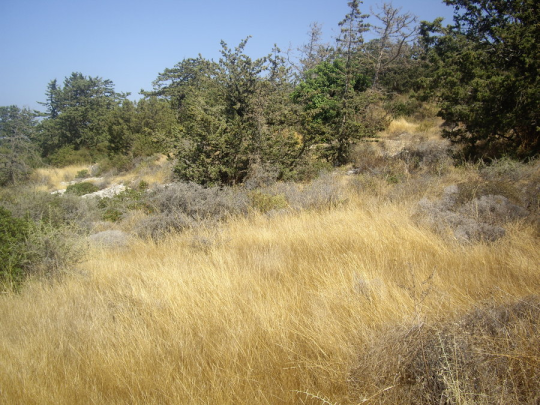

Savannas/Tropical Grasslands
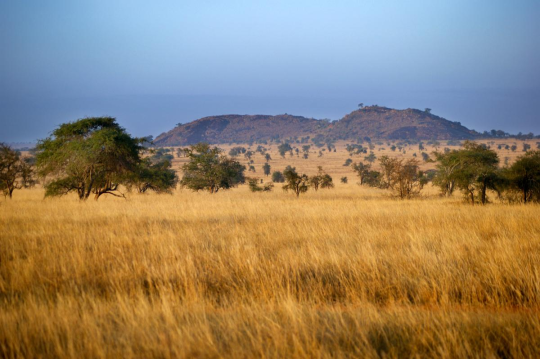
Temperate Rainforests. I almost didn’t include this bc New Zealand is covered in them, and that’s where they filmed Lord of the Rings. But tbh, no one really knows about them, so it belongs here
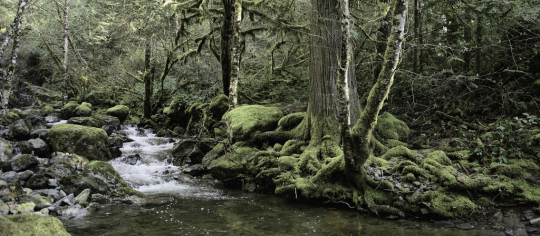
Taiga Forests

Barren Tundra, perfect for some extreme seasonal dichotomy


Polar Ice Sheets

Desert-Grasslands (arguably the same as Scrubland but Australia’s good at adding its own twists)

Barren Desert

If you like Cacti, look at American Deserts like the Sonoran

Salt Flats

Soda Lakes and Alkaline Lakes

Madagascar’s Karst Limestone Formations

Madagascar’s Spiny Forests

Madagascar’s Baobab Forests

Madagascar’s Subhumid Forests (Madagascar is cool as hell ok)

Danxia Landforms

Badlands/Mountainous Deserts

Steppes and Highland Prairies

Flood Basalts


Newly-Formed Islands, still rife with Volcanic activity


Now for Underwater Environments, sure Coral Reefs are cool.

But there are SO MANY other kinds of environments for aquatic settings, it’s unbelievable:
Seaside Cliffs
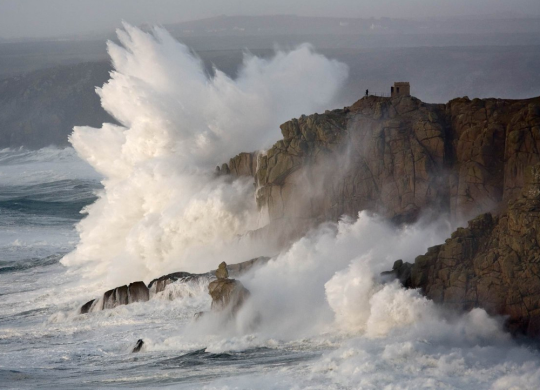
Archipelagos. Not just Tropical Island chains like Polynesia (Moana anyone?) but also Coldwater Archipelagos like the Aleutians.


Tidal Flats

Bayous/Cypress Swamps


Tropical River Basins, AKA Seasonally Flooded Rainforests
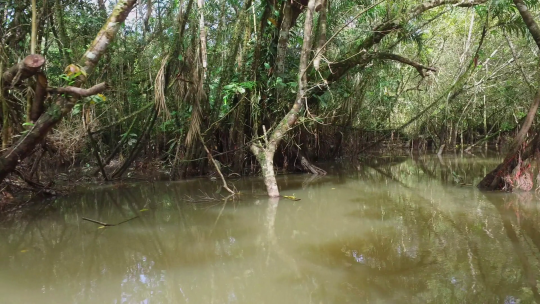
Mangrove Swamps/Deltas/Beaches
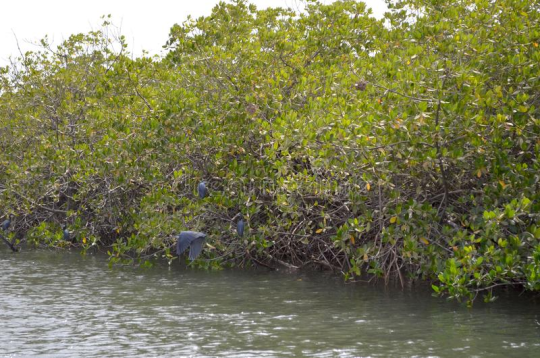
Kelp Forests

The Open Ocean

Coastal Seabeds

Rocky Beaches with Tidepools

And there are a LOT more I could name but this post is already obscenely long as is, if you’d like to toss in your own go right ahead, but my point is if you limit yourself to European Deciduous Forests you’re a wimp.
109K notes
·
View notes
Text
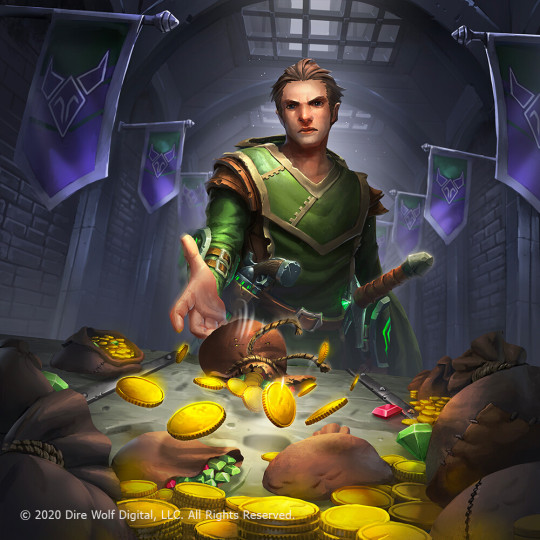
DM Tip: The Debt Always Comes Due
Isn't it weird how little we engage with gold as a real gameplay system? Sure, at low level wealth makes a great questhook, the party is usually hurting for a payout so that they can afford necessary gear upgrades/ubiquitous healing potion restocks/their next trip to the magic item shop. After a while though the promise of raw wealth loses its lustre, and the party is less likely to go out of their way to accept bounties, go off chasing treasuremaps, or accept gigs from shady patrons.
Generally I'd advise that this is a sign that your party are done being run of the mill sellswords, and it's time to hit them with a big epic questline that's focused more on emotional and narrative stakes than base currency. That said, sometimes you want to run a longer adventure arc that's centred around the acquisition of wealth, but to do that, you're going to need to go against the grain on one of the foundational assumptions that underpins D&D both mechanically and narratively.
TLDR: If you want your party to be motivated by gold past their first big pay off you should consider using a "wealth hurdle", which in short is a narrative and gameplay challenge that forces them to collect not only more gold than they already have but also more gold than they could get doing what they've been doing so far. This can be anything from a crimelord calling in a debt on them or one of their allies, a powerful monster swooping in and demanding tribute, comissioning some grand construction, or funding the defence of a region. Having the hurdle active should cause problems for the party, and not clearing the hurdle before a perdetermiend deadline will immensely bad things to happen. This will force the party to take risks they otherwise wouldn't, giving a high degree of focus to their subsequent adventures that they wouldn't have if they were content.
What we're trying to fix:
At it's core, D&D is a power fantasy, and a good chunk of its gameplay mechanics regardless of edition are about acquiring new strengths, options, and assets. These assumptions are likewise built into the genre and narrative structure of most campaigns: Heroes undertake quests usually for the promise of some reward, gain experiance/hit milestones along the way, and eventually stumble across some kind of loot drop at the end. There's nothing strictly wrong with this, but it does mean that all the resource problems the heroes face in the early game (and the inbuilt motivations that come along with them) are all but resolved by the time they hit the next gameplay tier.
This is complicated by the fact that outside of 3rd party options there's not much to spend money on. The DMG (which you should totally ignore) say you shouldn't let them buy magic items, and the common wisdom would say "let them buy a keep", but that solution only appeals a niche selection of adventuring parties.
Using Weath Hurdles turns acquiring gold not just into a quest goal but a gameplay challenge, forcing your party to scour the land for potential sources of wealth (and risk upsetting whoever or whatever happens to be currently holding it) and take on challenges they'd never normally attempt if there was only survival/personal enrichment at stake.
Food for Thought:
Tradional d&d structure has the party getting a huge payout at the end of their adventure in the form of a bosshoard or questgiver reward which is a very backloaded "you can have your dessert after you finish your greens" sort of attitude. Consider switching it up sometimes: have the party's patron or employer give them a small stipend to spend on kitting themselves out, have an early game treasure haul so the party can have a mid-arc shopping episode. This is especially useful in higher level games where your party may go weeks to months without a level up as it preserves the feeling of progression and gives them new toys to play with in between the big character defining abilities.
Recently I've been learning my way around blades in the dark (can't reccomend it enough btw), and just like any other time I've wanted to learn a new ttrpg system I'm having to do a bit of neural rewiring when it comes to figuring out how to write and run sessions of the game. Coin in BitD is both an XP (used for upgrading the party's shared crew sheet) a resource (burned to upgrade the results of various rolls) and a stat ( rolled to see if the players can lay their hands on various hard to come by items). It didn't really click for me until my first group messed up really badly on what was supposed to be their introductory adventure and pissed off the local crimeboss. I was just going to have him bully them, lock them up and then have a jailbreak the next session ( it's what I'd do in d&d), but on the fly I had the idea that he'd let them go with a massive debt they needed to pay off, which forced them to either pay him a percentage of their takings on all future jobs, or do small jobs in utmost secrecy so that they could build up their own strength under his nose.
Interestingly enough, the d&d game where I thought player wealth as a resource was most interestingly used was Dimension 20’s starstruck Odessy, which was a conversion of the amazing fanmade starwars5e system. Starstruck is a parody of hypercapitalism and aptly uses money as both a narrative and gameplay feature. One character is stuck paying weekly insurance premiums on a debt he would never be able to pay down forcing him to act recklessly to acquire wealth in the immediate future. Another character was a economic and political power player and some of the best moments in the series come from her high stakes wheeling and dealing and bouncing money between accounts while the rest of the group engages in epic space battles; the rest of the crew might’ve barely got their ship out of the dogfight, but she’s the one who ensures they can pay for the repairs once they get to the space dock. None of this would be possible without completely ignoring the normal constraints of wealth per level: gaining and losing huge sums based on moment by moment player decisions, The need for them to play along with the absurist gig economy to boost their rating and get better paying jobs, making a devil’s bargain with a corporate sponsor all so that they could risk their lives in a deadly arena fight all for the (very unlikely) chance of winning the equivalent of a million GP. Not every campaign should, or even could so focus on money in this way, but it was FASCINATING to watch it in action.
Artsource
346 notes
·
View notes
Text
Basic: druids have always been this comunity lead by the arch druid of the circle
Cool af: druids are anarco-syndicalist with their own Che Guevara being a prominent historical figure in their culture to the point where his success caused an entire new era to be marked on your world's calendar
5 notes
·
View notes
Text
My new YouTube video: A DM’s Guide to Ranged Combat is now live! Please go give it a watch!
If you’re a DM looking for a way to challenge your overspecced crossbow player, or just generally make mixed-range combat more interesting and enjoyable, it’s full of helpful tips and visualisations. Plus, supporting these long videos really helps keep my channel alive and funds more future content!
youtube
7K notes
·
View notes
Text
Small fantasy worldbuilding elements you might want to think about:
A currency that isn’t gold-standard/having gold be as valuable as tin
A currency that runs entirely on a perishable resource, like cocoa beans
A clock that isn’t 24-hours
More or less than four seasons/seasons other than the ones we know
Fantastical weather patterns like irregular cloud formations, iridescent rain
Multiple moons/no moon
Planetary rings
A northern lights effect, but near the equator
Roads that aren’t brown or grey/black, like San Juan’s blue bricks
Jewelry beyond precious gems and metals
Marriage signifiers other than wedding bands
The husband taking the wife's name / newlyweds inventing a new surname upon marriage
No concept of virginity or bastardry
More than 2 genders/no concept of gender
Monotheism, but not creationism
Gods that don’t look like people
Domesticated pets that aren’t re-skinned dogs and cats
Some normalized supernatural element that has nothing to do with the plot
Magical communication that isn’t Fantasy Zoom
“Books” that aren’t bound or scrolls
A nonverbal means of communicating, like sign language
A race of people who are obligate carnivores/ vegetarians/ vegans/ pescatarians (not religious, biological imperative)
I’ve done about half of these myself in one WIP or another and a little detail here or there goes a long way in reminding the audience that this isn’t Kansas anymore.
39K notes
·
View notes
